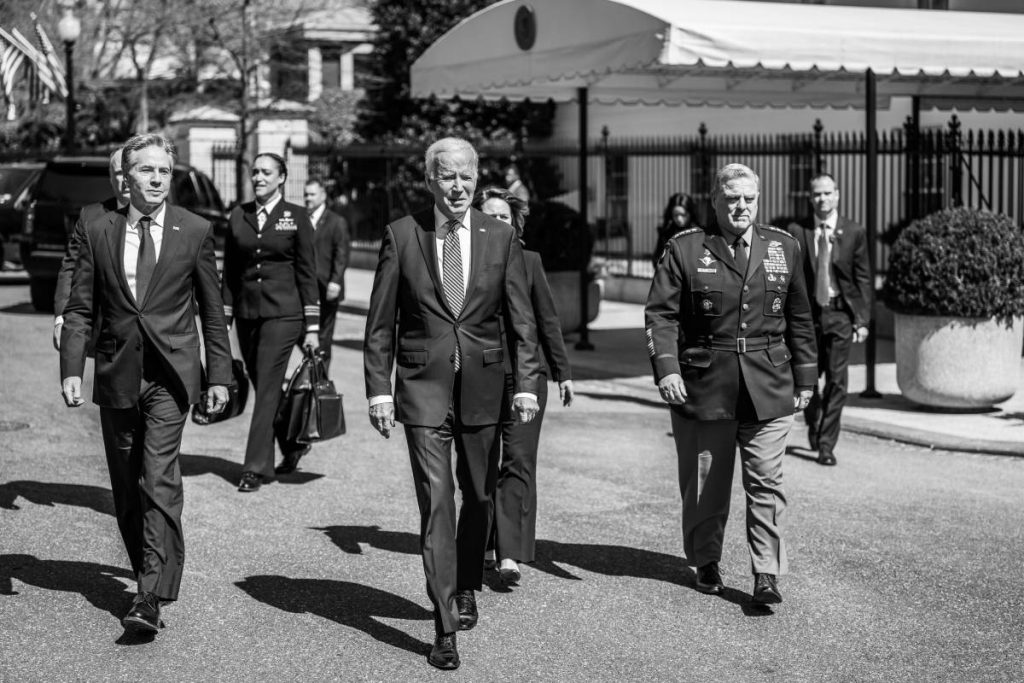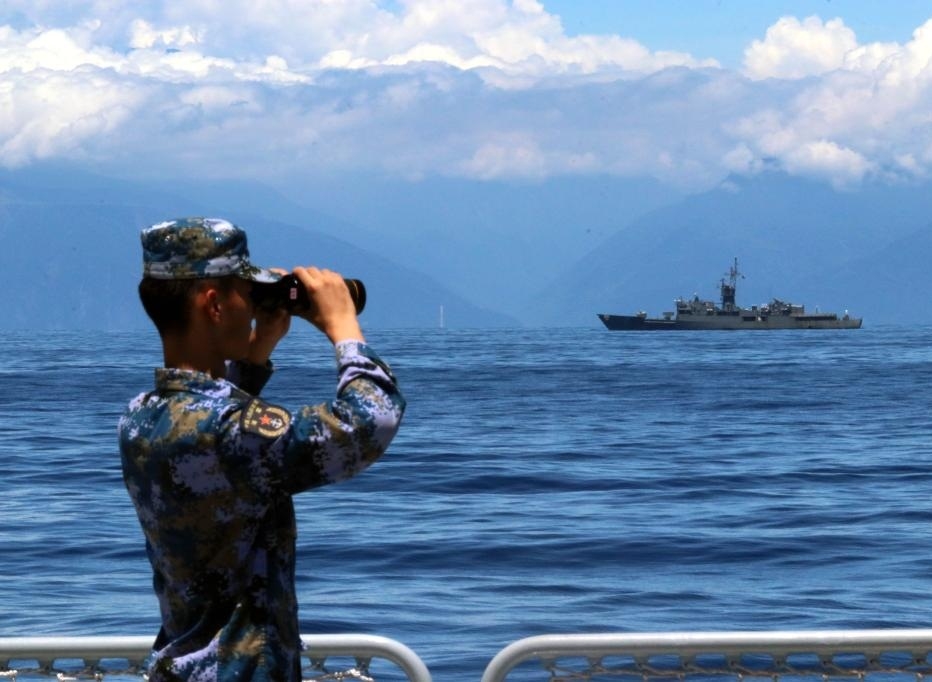
US Secretary of Defense said he assembled a “tiger team” months ago to “dig down on the foreign military sales issues” and strive to expedite deliveries.
In order to ensure that Taiwan has sufficient military capabilities amid China’s aggression, the Pentagon has formed a “tiger team” to discuss foreign military sales, reported Taipei Times.
US Secretary of Defense Lloyd Austin on Thursday said he has assembled the team to ensure that weapons purchased by Taiwan would be delivered sooner. Austin was responding to a remark by US Representative Ken Calvert, chairman of the US House of Representatives Defense Appropriations Subcommittee, after his visit to Taiwan last week that arms deliveries were moving at an “extremely slow pace,” reported Taipei Times.
He said he assembled a “tiger team” months ago to “dig down on the foreign military sales issues” and strive to expedite deliveries.
Speaking at the US House Committee on Appropriations, Austin attributed the backlog to the Covid-19 pandemic and supply chain pressures, but said that “the industry will catch up,” reported Taipei Times.
Leaders from the US Department of Defense gather regularly “to make sure that we are providing the right kinds of capabilities that Taiwan needs,” he added.
The US National Guard has been working with Taiwan to increase its proficiency in several areas, he said, adding that continuing the joint program “will be very, very valuable.”

The defence secretary was joined by US Joint Chiefs of Staff Chairman General Mark Milley, who was asked about the potential impact of a cut in defence spending and how it would affect Washington’s ability to provide deterrence against Chinese activities in the Indo-Pacific region, reported Taipei Times.
Milley said the operational tempo and training of the US military would be greatly reduced not just in the region, but worldwide.
He said cuts could force the US to make fewer transits through the Taiwan Strait, and also “less freedom of navigation, less patrolling of the air, less ISR [intelligence, surveillance and reconnaissance]. Everything will be less, which will increase risk, increase danger and send the wrong message,” reported Taipei Times.
Separately, US Representative Michael McCaul, chairman of the House Foreign Affairs Committee, called on Washington to speed up arms deliveries to Taiwan at the committee’s budget hearing.
“The threat of communist China cannot be overstated,” he said adding, “I personally think Chairman Xi is going to try to influence the (legislative and presidential) elections” in Taiwan next year, referring to Chinese President Xi Jinping.
If Xi fails, his “plan B” would be a blockade and “an invasion on a scale that will make Ukraine look like a very small thing,” he said. “Taiwan is not prepared,” he said, citing an absence of joint military exercises between Taiwan and the US, as well as arms sale delays, reported Taipei Times.

Along with the AUKUS security alliance comprising Australia, the UK and the US, and the Quadrilateral Security Dialogue between Australia, India, Japan and the US, he called on the US to arm Taiwan to deter a potential Chinese invasion, which he said would be “devastating.”
Taiwan’s importance lies in its control of 90 percent of the global supply of advanced semiconductors, he said, adding that an invasion would result in “a world of hurt”.
The budget requested by the US Department of State and the US Agency for International Development Indo-Pacific Opportunity Project for fiscal 2024 increased by 18 per cent compared with the previous fiscal year, reported Taipei Times.
US Representative Ann Wagner, vice chairwoman of the foreign affairs committee, urged the US to show “resolute and unflinching support for this important democratic partner as it faces increased bullying and coercion” by China.
She questioned the approach taken by the US, saying that it “is overly concerned with avoiding even the slightest chance of offending Beijing,” while only 2 per cent of the proposed budget goes toward the Indo-Pacific region, reported Taipei Times. (ANI)


